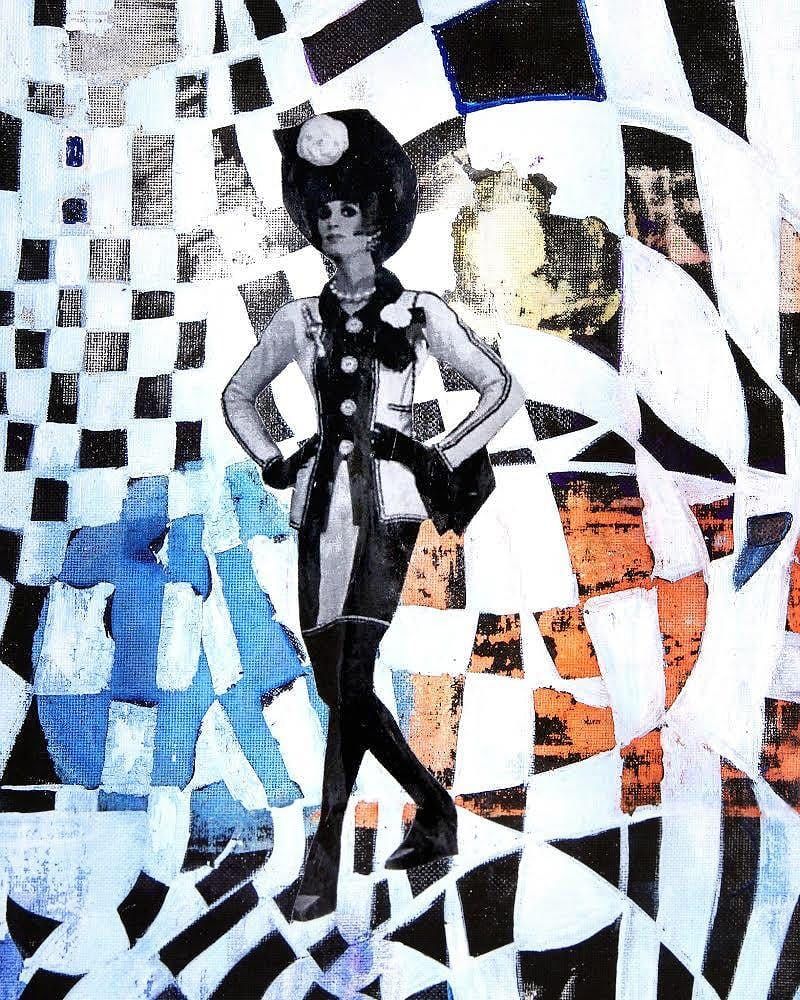Challenging Misconceptions about Women with Disabilities and Sexuality

Societal perceptions surrounding disability and sexuality have long been clouded by misconceptions and stereotypes. Unfortunately, women and girls with disabilities often face the brunt of these biases, particularly when it comes to how men perceive their worth. In Nigeria and Pakistan, two countries with diverse cultures, women are coming together to shed light on the prevailing belief that men view women with disabilities solely as objects of sexual desire, disregarding their potential for meaningful relationships. It is essential to challenge these misconceptions and foster a more inclusive understanding of disability and love.
Women in Nigeria and Pakistan are actively engaging in dialogue to confront the deep-rooted stereotypes surrounding disability and sexuality. They aim to dismantle the notion that men see women and girls with disabilities exclusively as sexual partners. These conversations emphasize the importance of recognizing the inherent value and capabilities of individuals with disabilities.
Women with disabilities, just like their able-bodied counterparts, possess a wide range of talents, ambitions, and desires. They long for companionship, emotional support, and love that extends beyond the boundaries of physical intimacy. By addressing these misconceptions, women are working towards dismantling the harmful belief that women with disabilities are only meant for sexual encounters, rather than for meaningful relationships such as marriage or experiencing love.
Through open discussions, awareness campaigns, and support networks, women from Nigeria and Pakistan are striving to break down societal barriers and foster inclusivity. They aim to educate both men and women about the multifaceted nature of disability, emphasizing the importance of empathy, respect, and equal opportunities for all individuals, regardless of their physical abilities.
Society as a whole must recognize the diversity and complexity of human relationships. By challenging the prevailing misconception that women and girls with disabilities are solely objects of sexual desire, we can pave the way for a more inclusive and equitable society. This shift requires transforming attitudes, educating communities, and advocating for the rights and dignity of individuals with disabilities.
-Re-reported from the story originally published in BBC







/shethepeople/media/media_files/9DrYNvAKdOPMunBzeNfd.png)
